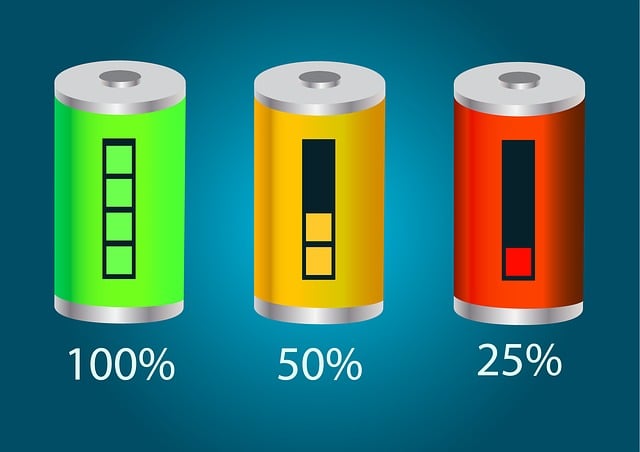Understanding Oregon's drug law classifications and employing strategies like challenging evidence admissibility, questioning witness credibility, and exploring legal loopholes can empower individuals facing drug charges to navigate their cases effectively, aiming for favorable outcomes such as reduced or dismissed charges. Drug charge strategies in Oregon involve both understanding the law and uncovering weaknesses in prosecution cases.
Facing drug charges in Oregon can be daunting, but understanding your rights and exploring effective defenses is crucial. This guide delves into the intricate world of Oregon’s drug laws and penalties, shedding light on common defense strategies for drug-related cases. We outline practical steps to challenge evidence, empowering individuals to build a strong case. Discover how to navigate this complex legal landscape and explore strategic drug charge defenses tailored to Oregon’s judicial system.
- Understanding Oregon's Drug Laws and Penalties
- Common Defense Strategies for Drug Charges
- Building a Strong Case: Steps to Challenge Evidence
Understanding Oregon's Drug Laws and Penalties

Oregon’s approach to drug offenses is governed by a series of laws that dictate penalties and defenses for those accused. Understanding these laws is crucial for anyone facing a drug charge, as it provides an insight into possible defense strategies. The state has established different classifications for controlled substances, with each carrying specific penalties. For instance, possession of small amounts of marijuana might result in a fine and no jail time, while more severe offenses like distribution or possession with intent to sell can lead to lengthy prison sentences and substantial fines.
Knowing these potential outcomes enables individuals to consider various drug charge strategies. Defense attorneys can explore options such as challenging the evidence, arguing for reduced charges based on mitigating circumstances, or even utilizing Oregon’s ‘good samaritan’ defense, which may apply under certain conditions. Being informed about one’s rights and the legal framework is a vital step in navigating the complex process of defending against drug-related accusations.
Common Defense Strategies for Drug Charges

Facing a drug charge in Oregon can be daunting, but there are several common defense strategies that legal professionals employ to challenge these allegations. One of the primary approaches is challenging the admissibility of evidence. This involves scrutinizing how law enforcement obtained the drugs or any statements made by the accused during detention or interrogation. If police failed to follow proper procedures, such as securing a search warrant or violating Fourth Amendment rights, the evidence may be excluded from trial.
Another strategy focuses on building a reasonable doubt in the jury’s mind. Defense attorneys may argue that the prosecution hasn’t provided sufficient proof beyond a reasonable doubt, particularly regarding the amount and type of drugs involved. They might also question the credibility of witnesses or present alternative explanations for the accused’s actions. Additionally, understanding Oregon’s specific drug laws and their potential loopholes can be crucial in crafting a strong defense.
Building a Strong Case: Steps to Challenge Evidence

Building a strong case to challenge drug charges in Oregon involves meticulous steps. The first is to thoroughly examine the evidence collected by law enforcement. This includes questioning the legality of searches and seizures, ensuring that any drugs recovered were done so through proper procedures. If police failed to obtain a warrant or followed incorrect protocols, this can weaken their case significantly.
Additionally, reviewing the chain of custody becomes crucial. The prosecution must prove that the evidence wasn’t tampered with and was handled appropriately from the moment it was seized until its presentation in court. Any gaps or inconsistencies here could cast doubt on the reliability of the drugs as evidence. Using drug charge strategies that focus on these areas can help create a compelling defense, potentially leading to charges being dismissed or reduced.






